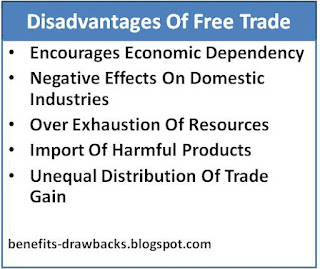Main advantages or benefits of sampling method of data collection can be studied as follows:
1. Less Costly
In census method, each and every item of the universe is studied. But in sampling method, information is obtained from small portion of universe. So, it is less costly method of data collection.
2. Less Time
Sampling method consumes less time and effort than census method of data collection.
3. Detailed Information
Sampling helps to obtain detail information by studying a small part of the universe.
Sampling helps to obtain accurate and reliable information because it has limited area of operation.
5. Suitability
Sampling is suitable for small organization with limited resources. Research can be conducted with the small portion of the area.
Also Read:
Also Read:
6. Applicable For Large Universe
Census method is not applicable for the research of large or infinite size. So, sampling is suitable for the research of large universe.
7. Checking Of Census
Sampling can be used to check the accuracy of census enquiry also.
















